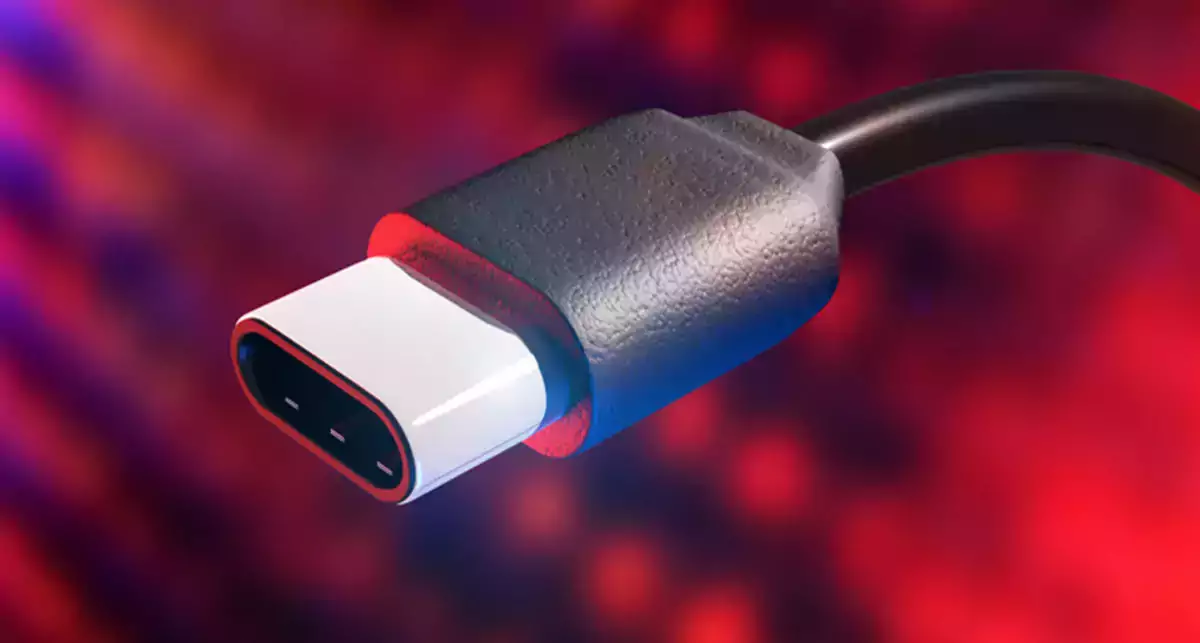Apple and others will have to change the connector on devices sold in Europe by 2024 after EU lawmakers on Tuesday agreed to a single mobile charging port for mobile phones, tablets and cameras.
It means equipment makers will have to comply with the new terms by 2024.
The new rules will make sure consumers no longer need a new charger and cable every time they purchase a new device, and can use one charger for all of their small and medium-sized electronic gadgets.
Mobile phones, tablets, digital cameras, headphones and headsets, handheld videogame consoles and portable speakers, rechargeable via a wired cable, will have to be equipped with a USB Type-C port, regardless of the manufacturer.
Exemptions will apply only for devices that are too small to have a USB Type-C port, such as smart watches, health trackers, and some sports equipment.
The bloc is home to 450 million people, some of the world’s richest consumers, and the imposition of the USB-C as a cable standard could also affect the entire global smartphone market.
Half the chargers sold with mobile phones in 2018 had a USB micro-B connector, while 29 percent had a USB-C connector and 21 percent a Lightning connector, according to a 2019 study by the European Commission, the EU’s executive arm.
“The deal we struck this morning will bring around 250 million euros ($267m) of savings to consumers,” EU industry chief Thierry Breton said in a statement.
“It will also allow new technologies such as wireless charging to emerge and to mature without letting innovation to become source of market fragmentation and consumer inconvenience,”
Apple, which already uses USB-C connectors on some of its iPads and laptop computers, has insisted any legislation to force a universal charger for all mobiles in the bloc is unwarranted and that the proposal would hurt innovation and create a mountain of electronic waste, did not immediately respond to a request for comment.



